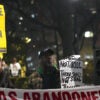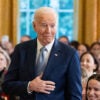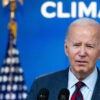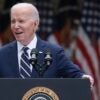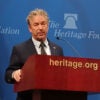Churches will be aglow on Thanksgiving as families gather to express their gratitude for the blessings they’ve experienced. Their continuing presence in the pews would bode well for our nation as well, given that decades of sociological studies have documented the relationship between church attendance and charitable giving, volunteerism, and civic involvement.
In a comprehensive study of charity in America, Who Really Cares, American Enterprise Institute president Arthur Brooks found that those who attend church weekly are more likely to donate money to a charitable cause than peers who seldom attend services, and they give, on average, nearly 3.5 times as much.
Weekly churchgoers are also more likely to volunteer and to volunteer more often. Likewise, those who engage in daily prayer and those who belong to a congregation are more likely to make charitable donations—to both religious and non-religious charities.
Even with regard to informal acts of compassion—such as such as donating blood and giving food or money directly to a homeless person—regular churchgoers are more likely to exhibit charity.
Those who consider religion to be more important in their lives and who are more active in church activities, likewise, are more likely to volunteer. In fact, even the general level of religiosity in an area was found to be related to charitable practices. Citizens of countries with a higher average level of church attendance are four times more likely to volunteer than counterparts in the most secular nations.
Similarly, within the United States, states with the most houses of worship per capita are above average in terms of household giving. In addition, church attendance is linked to civic participation, ranging from helping in schools to engaging in service projects.
No wonder the Founders viewed religion’s contribution to America’s success so favorably. We can be thankful for the civic order they established even as we continue to work to protect the freedom of religious individuals and institutions to continue their unique contributions to civil society.
